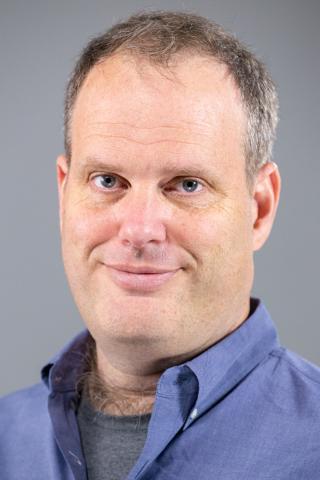George Hambrecht

George Hambrecht
Dr. George Hambrecht is an associate professor of anthropology at the University of Maryland College Park. His specialization is zooarchaeology, with a focus on historical archaeology. He is also currently involved in a number of medieval era projects as well. He has excavated in Iceland, Northern Norway, the Caribbean, and in New York City. Dr. Hambrecht’s main area of research is Iceland and the sub-arctic, as well as arctic North Atlantic area. His second developing area of research is in Scotland, specifically the islands of the Outer Hebrides. Dr. Hambrecht’s main theoretical concerns center on interactions between the political, environmental, and biological dimensions of the transformative processes of the early modern period (global culture contact, voluntary and forced migration, pandemic disease, translocation of species, mechanisms of subordination and dominance, commoditization, market vs. subsistence production) and in the comparative historical ecology of different colonial situations.
He is the PI on the NSF Navigating the New Arctic funded project: The Central North Atlantic Marine Historical Ecology Project, #2022656 (2021-2023). Our project will use bones from cod as well as other coastal species that have been excavated from archaeological sites in Iceland and the Faroes over the last 30 years. These sites were lived in from the 9th to the 19th centuries. These bones will be the subject of a variety of biochemical analyses that allow us to track population size, body length, and feeding changes over the last millennia. These analyses will be combined with archaeological and historical methods to build a new and deeper record of the relationship between cod, humans, and the environment in Iceland that will serve as an important tool in managing this relationship in the present and future.
Dr. Hambrecht is also the PI on a National Geographic Explorers Grant that will fund exploratory survey work on the islands of North Uist and Benbecula in the Outer Hebrides of Scotland. We will be looking for sites with good organic preservation dating from the Norse Period through the Early Modern Period.
